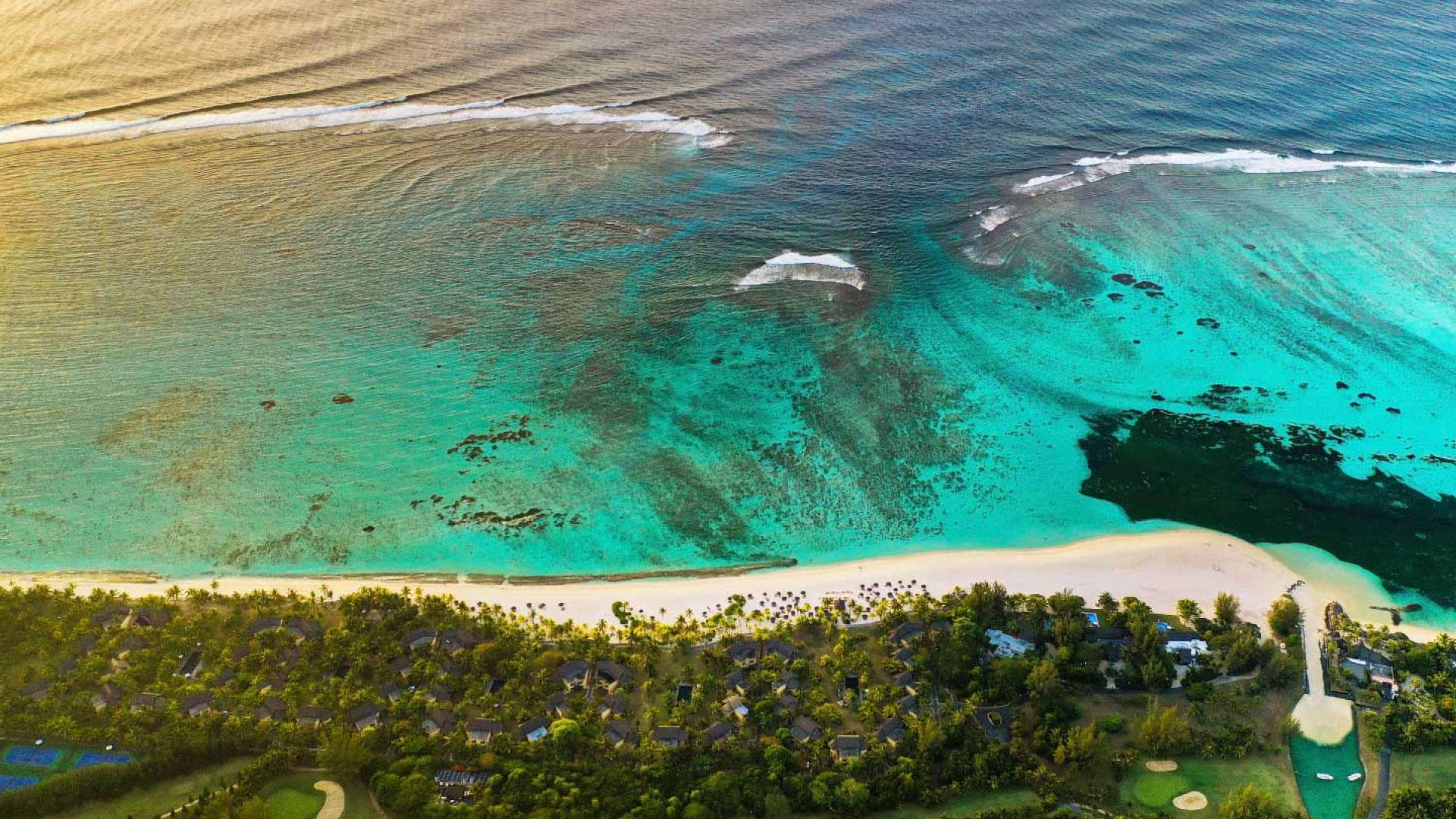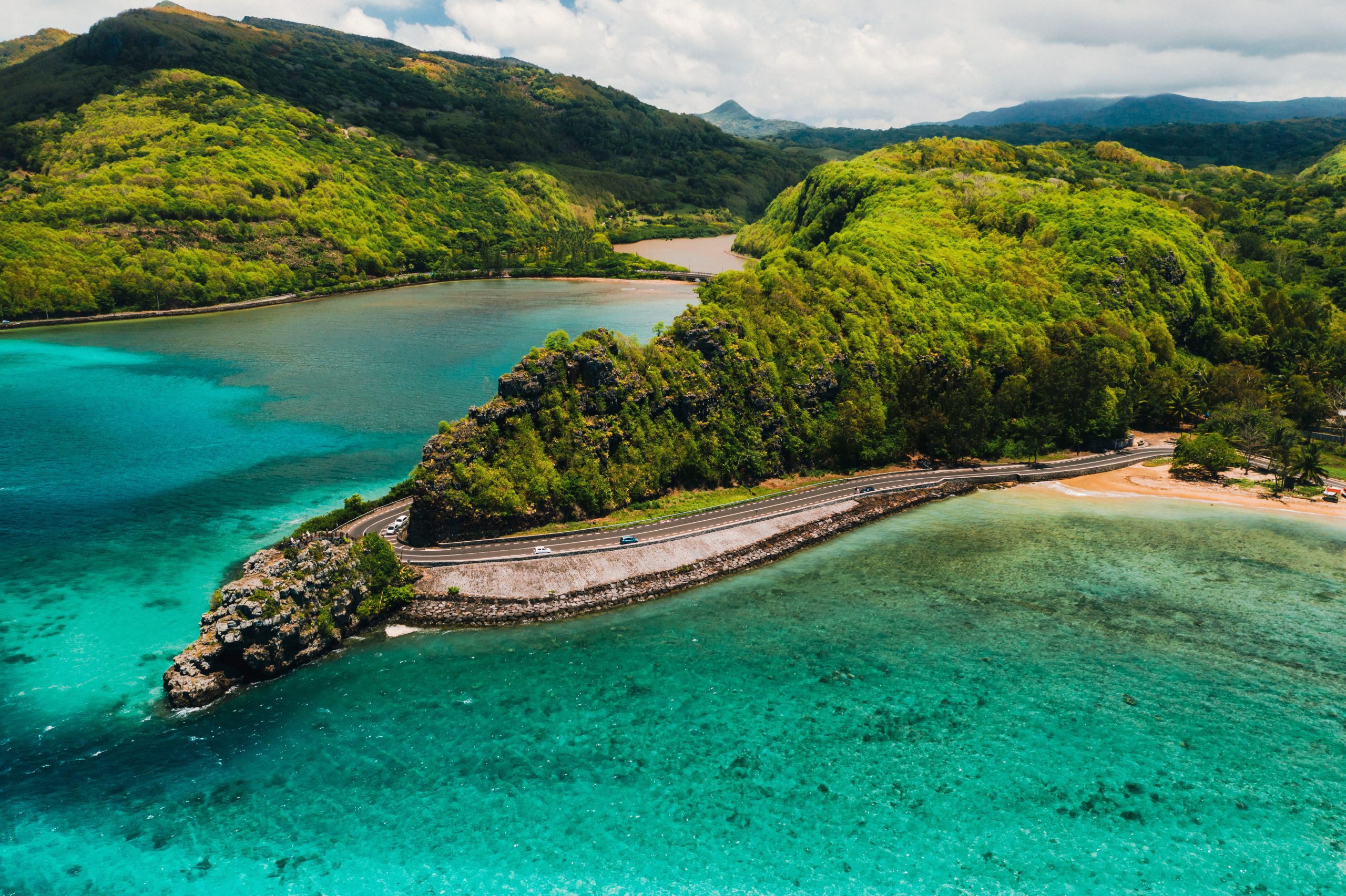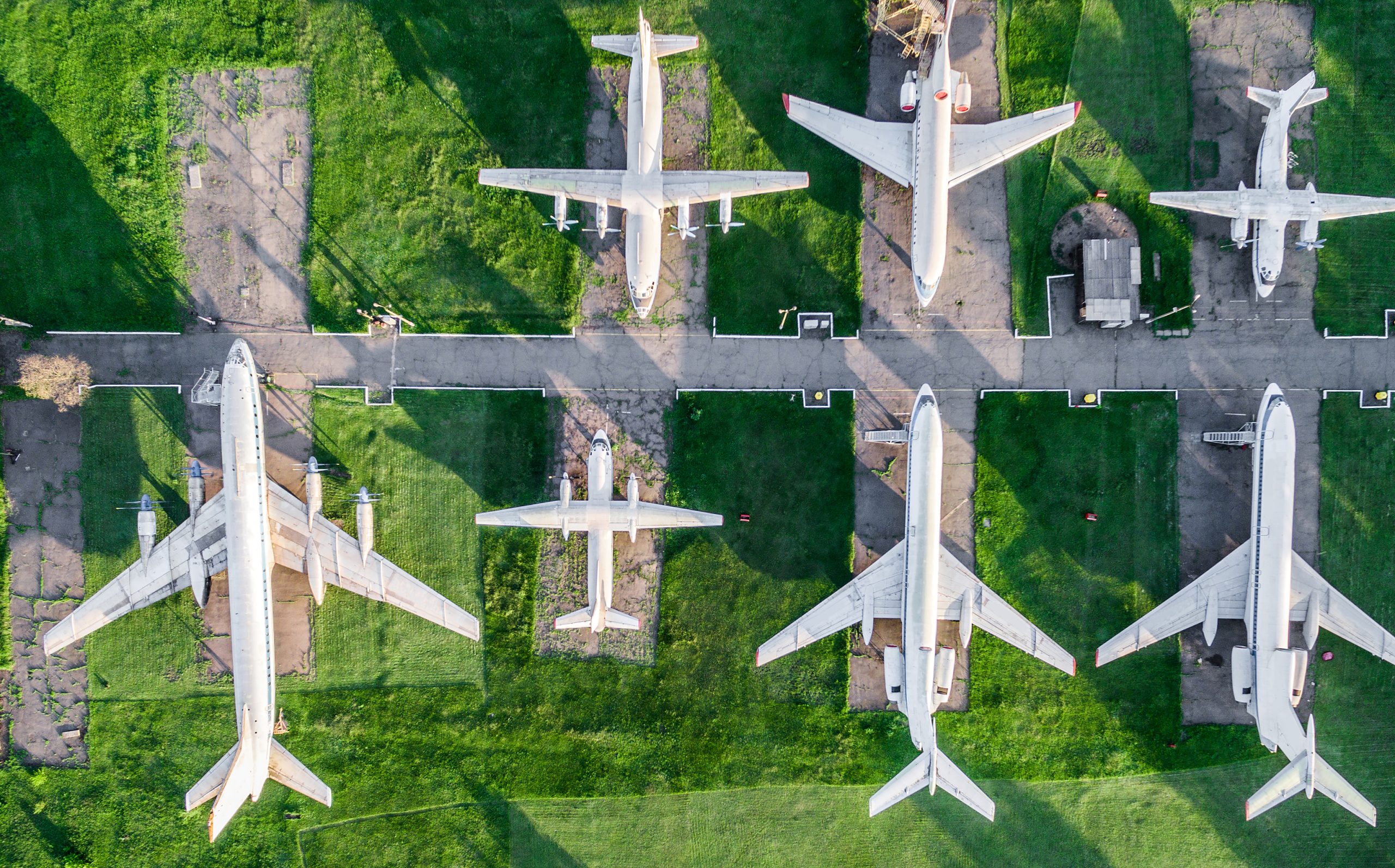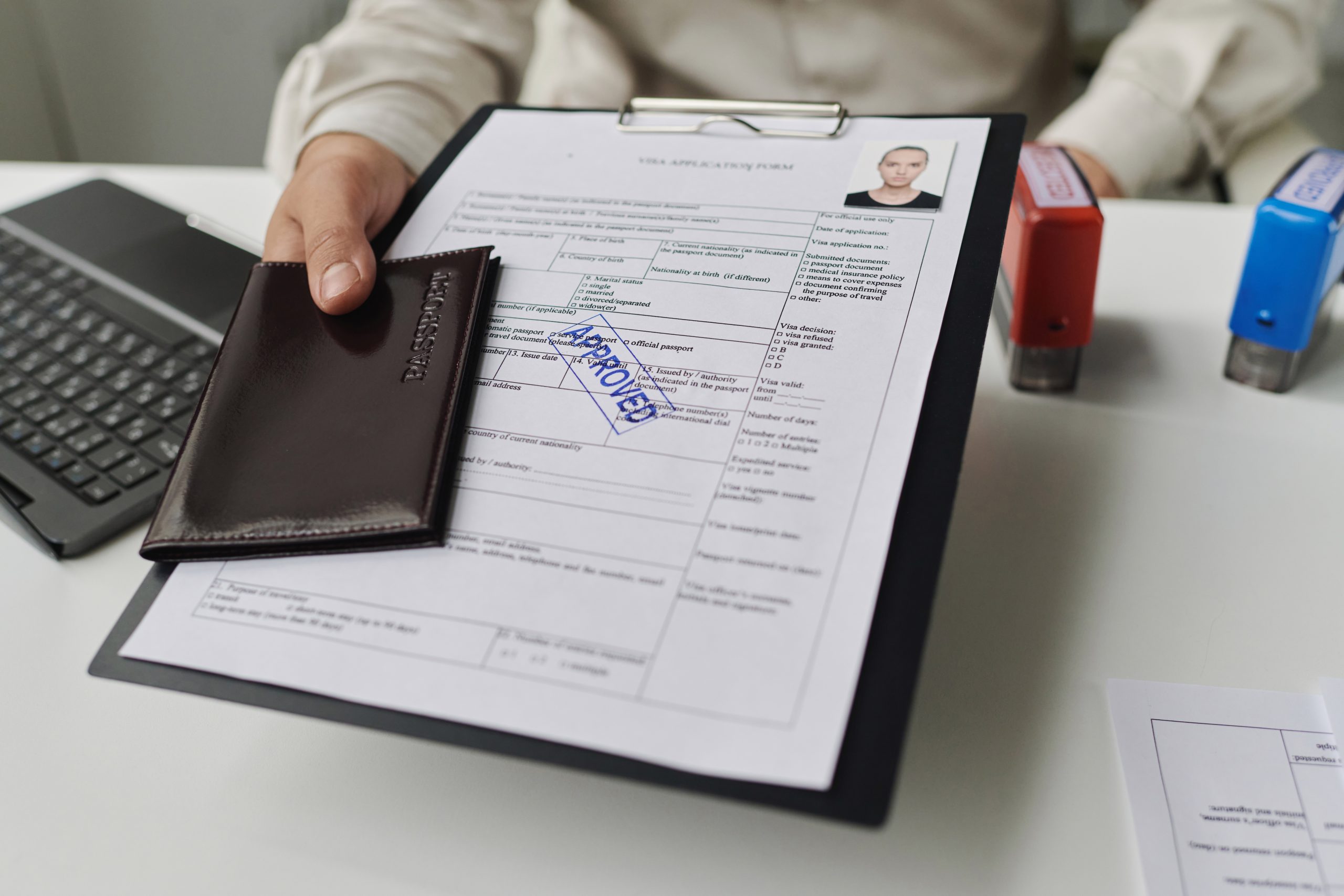Our Presence
Why choose the Mauritius International Financial Center?
Mauritius is a leading international financial hub with a sophisticated, transparent, and well-regulated system. It offers a wide range of financial products, such as treasury management centres, global funds, protected cell companies, captives, family offices, and trusts. It also provides tax holidays and incentives for various sectors, including pharmaceuticals, manufacturing, e-commerce, freeport operators, investment banking, global headquarters, and fund management.
Other benefits of the Mauritius International Financial centre include:
- Low corporate income tax of 15% (3% for international trading and 80% exemption on foreign dividend)
- Full foreign ownership
- No foreign exchange controls
- No Capital Gains Tax, estate duty, inheritance or wealth tax
- No withholding taxes on dividends, interest and royalties paid abroad
- Free repatriation of profits, dividends and capital

Economic Growth and Stability
Mauritius has achieved remarkable economic growth and stability since gaining independence in 1968. Starting from a low per capita income of USD 400, it has reached USD 10,243 (Rs 456,864) in 2022, one of the highest in Africa. This success is attributed to Mauritius’ political stability, a strong institutional framework, and favourable regulations. Mauritius has also successfully diversified its economy from a sugar-dominated monocrop in the 1960s to a competitive and diverse one, spanning more than 15 sectors. This transformation has made Mauritius an appealing destination for investment opportunities.
Corporate governance and investor protection:
Mauritius is recognized as a model of political, social, and economic stability and is acknowledged by the OECD as a ‘white-listed’ jurisdiction. With 45 double taxation agreements (DTAs) with partner countries and 29 Investment Promotion and Protection Agreements (IPPAs), the country offers investors a favourable, secure, and predictable business environment.

- World Bank Doing Business 2020: 13 out of 190 Countries & 1st in Africa
- Global Competitiveness Index 2019 – World Economic Forum: 52 out of 141 Countries & 1st in Africa
- Corruption Perceptions Index 2021 (Transparency International): 49 out of 180 Countries & 2nd in Africa
- International Property Rights Index 2021: 42 out of 129 Countries & 1st in Africa
- MO Ibrahim Index of Africa Governance 2020: 1st in Africa
- Index of Economic Freedom – (Heritage Foundation) 2024: 1st among 47 countries in the Sub-Saharan Africa region
- Economic Freedom of the World 2022 – (Fraser Institute): 9 out of 165 countries & 1st in Africa
- Social Progress Index 2021: 45 out of 149 countries & 1st in Africa
- Women, Business & Law Index (World Bank) 2022: 41 out of 68 countries & 1st in Africa
- Africa Wealth Report (Henley & Partners): 1st in Africa
- Work from Wherever Index (KAYAK) 2022: 4 out of 111 countries & 1st in Africa
- Global FreeZones of the Year (FDI Intelligence) 2021: 2 out of 70 countries & 1st in Africa
- Good Government Index (Chandler Institute of Governance) 2022: 38 out of 104 countries & 1st in Africa

Telecommunications
Mauritius has access to international Internet capacity through two undersea cables: the South Africa Far East (SAFE) and the Lower Indian Ocean Network (LION)/LION2 cables.
Air Connectivity
Mauritius connects to over 150 destinations worldwide through a network of more than 20 airlines. The island offers direct services to nine of the top 15 global airport hubs, such as Paris, London, Singapore, Dubai, Johannesburg, Nairobi, New Delhi, Mumbai, and Perth.


Market Access
Mauritius enjoys preferential market access to nearly 70% of the world’s population through a range of Free Trade Agreements, including:
- The Mauritius-China Free Trade Agreement
- The Comprehensive Economic Cooperation and Partnership Agreement (CECPA) with India
- The Eastern and Southern African States – European Union Economic Partnership Agreement (ESA-EU EPA)
- The Mauritius-Turkey Free Trade Agreement
- The Mauritius-Pakistan Preferential Trade Agreement
- The Africa Growth and Opportunity Act (AGOA)
- The Common Market for Eastern and Southern Africa (COMESA) Free Trade Area
- The Southern African Development Community Free Trade Area (SADC FTA)
- The Tripartite Free Trade Area (TFTA)
- The African Continental Free Trade Area (AfCFTA)
Types of structures available in Mauritius
Mauritius offers various types of structures for different business needs. Each structure has its own characteristics and requirements. Our team will help you choose the best structure for your business. Some of the main structures available include:
- Domestic Company
- Global Business Corporation (GBC)
- Authorised Company (AC)
- Protected Cell Company (PCC)
- Variable Cell Company (VCC)
- Partnership
- Funds
- Trust
- Foundation
- Société


Special Licences in Mauritius
Mauritius is a leading international financial centre that offers a range of financial services licences to enable smooth operations in and from the country. These licences cover various sectors such as Investment, Insurance, Pensions, Global Business, and Non-Bank Financial Institutions (NBFIs). The Financial Services Commission (FSC) regulates the licensing framework for each licence.
JurisTax can help you set up trading Mauritius and administer your business, apply for relevant licences, manage your back-office needs and ensure compliance with corporate and licensing requirements. Our approach is highly personalised. We act on your behalf and offer the level of support you need.


Mauritius is a leading international financial centre that offers a range of financial services licences to enable smooth operations in and from the country. These licences cover various sectors such as Investment, Insurance, Pensions, Global Business, and Non-Bank Financial Institutions (NBFIs). The Financial Services Commission (FSC) regulates the licensing framework for each licence.
JurisTax can help you set up and administer your business, apply for relevant licences, manage your back-office needs and ensure compliance with corporate and licensing requirements. Our approach is highly personalised. We act on your behalf and offer the level of support you need.
Some of the common types of licences in Mauritius are:
- Investment Dealer
– Investment Dealer (Full-Service Dealer including Underwriting)
– Investment Dealer (Full-Service Dealer excluding Underwriting)
– Investment Dealer (Broker)
– Investment Dealer (Discount Broker) - Investment Adviser
– Investment Adviser (Unrestricted)
– Investment Adviser (Restricted)
– Investment Adviser (Corporate Finance Advisory) - Virtual Asset Service Providers Licences
– Virtual Asset Broker – Dealer (Class M)
– Virtual Asset Wallet Services (Class O)
– Virtual Asset Custodian (Class R)
– Virtual Asset Advisory Services (Class I)
– Virtual Asset Market Place (Class S)
– Issuers of Initial Token Offerings - Payment Intermediary Services
- Crowdfunding
- Robotic and Artificial Intelligence Enabled Advisory Services
- Peer to Peer Lending
- Money Lending
- Collective Investment Schemes and Closed-End Funds
- Private Pension Schemes
- Pure Captive Insurers
- Insurance Service Providers
- Insurers/Reinsurers
- Foreign Investment Dealer
- Investment Banking
